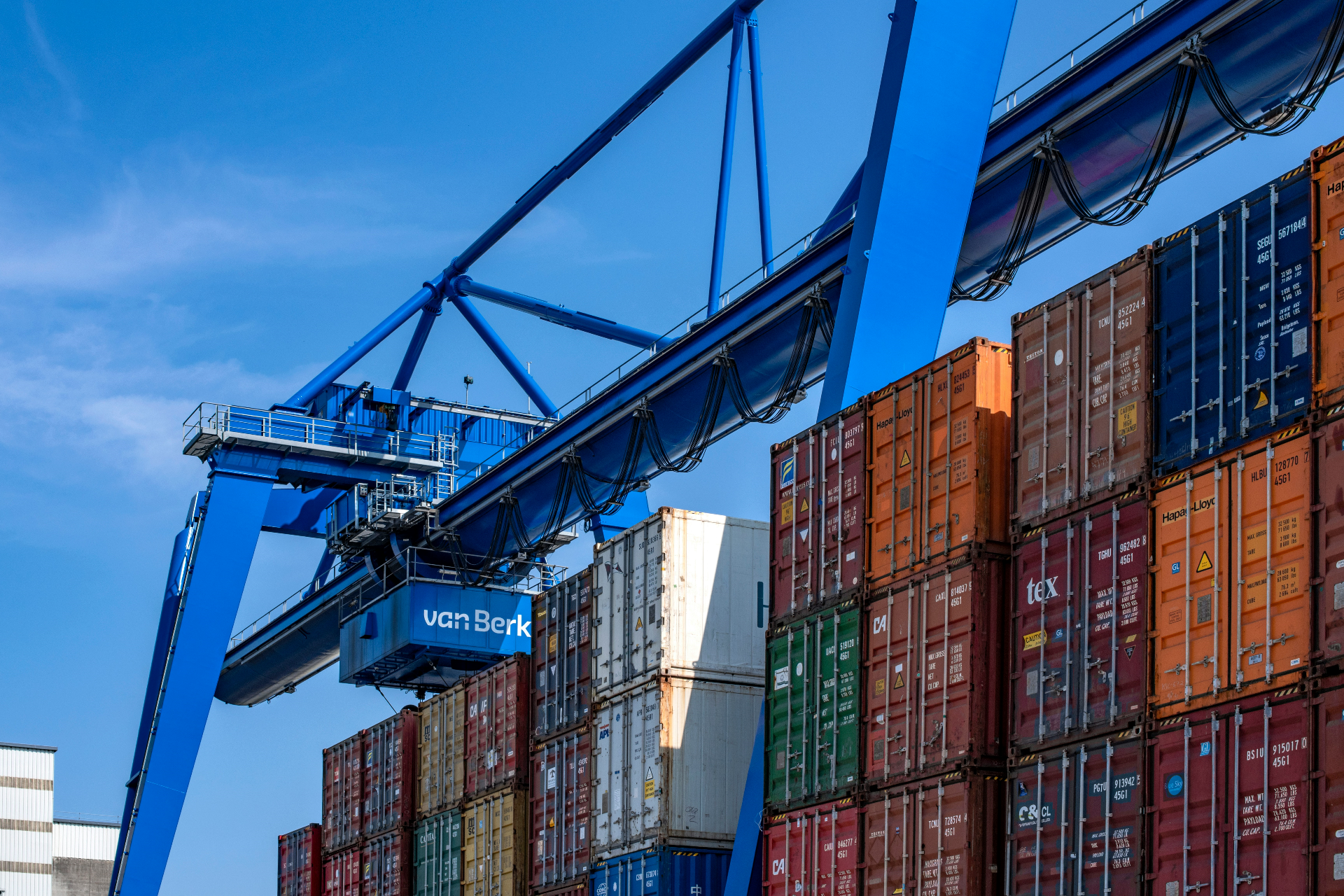Leveraging e-commerce platforms and digital tools is crucial for businesses aiming to expand international sales. E-commerce platforms provide a robust infrastructure for online sales, while digital marketing tools drive targeted campaigns. Localization, data analytics, and mobile commerce play important roles in optimizing international sales strategies. By utilizing these platforms and tools, businesses can reach global customers, overcome barriers to entry, and drive growth in international markets.
In today's digital age, e-commerce has transformed the way businesses operate and expand globally. With the rise of e-commerce platforms and digital tools, businesses have unprecedented opportunities to reach international customers and drive international sales. Leveraging these platforms and tools is essential for businesses seeking to expand their global presence and tap into new markets.
E-commerce platforms provide a robust infrastructure that simplifies international sales. Platforms such as Amazon, eBay, Alibaba, and Shopify offer businesses the ability to create online stores and list products or services for sale. These platforms handle the technical aspects of running an online store, such as secure payment processing, order management, and shipping logistics. By leveraging e-commerce platforms, businesses can overcome barriers to entry in foreign markets and reach a global customer base with ease.
Digital marketing tools play a crucial role in driving international sales. With the vast reach of the internet, businesses can target international customers through online advertising, search engine optimization, and social media marketing. These tools allow businesses to create targeted campaigns, reach specific customer segments, and analyze the performance of their marketing efforts. By utilizing digital marketing tools, businesses can increase brand visibility, drive traffic to their online stores, and generate international sales.
Localization is another key aspect of expanding international sales through e-commerce. Localization involves adapting the online store and marketing materials to suit the preferences and needs of the target market. This includes translating product descriptions and content into the local language, using local currencies and payment methods, and tailoring marketing messages to align with cultural nuances. By localizing the customer experience, businesses can enhance customer engagement and increase the likelihood of international sales.
Data analytics tools provide valuable insights into customer behavior and preferences, enabling businesses to make informed decisions. By analyzing customer data, businesses can understand buying patterns, identify popular products or services, and optimize pricing strategies. Data analytics also help businesses track the performance of marketing campaigns, measure conversion rates, and identify areas for improvement. Leveraging data analytics tools allows businesses to refine their strategies, target the right customer segments, and drive international sales growth.
Mobile commerce, or m-commerce, is another important aspect of expanding international sales. With the widespread use of smartphones, businesses can reach customers anywhere and anytime through mobile apps and optimized mobile websites. Mobile commerce offers convenience and accessibility for customers, enabling businesses to capture sales opportunities on a global scale. Investing in mobile-friendly platforms and optimizing the mobile shopping experience is essential for international sales success.
Related Information



















































